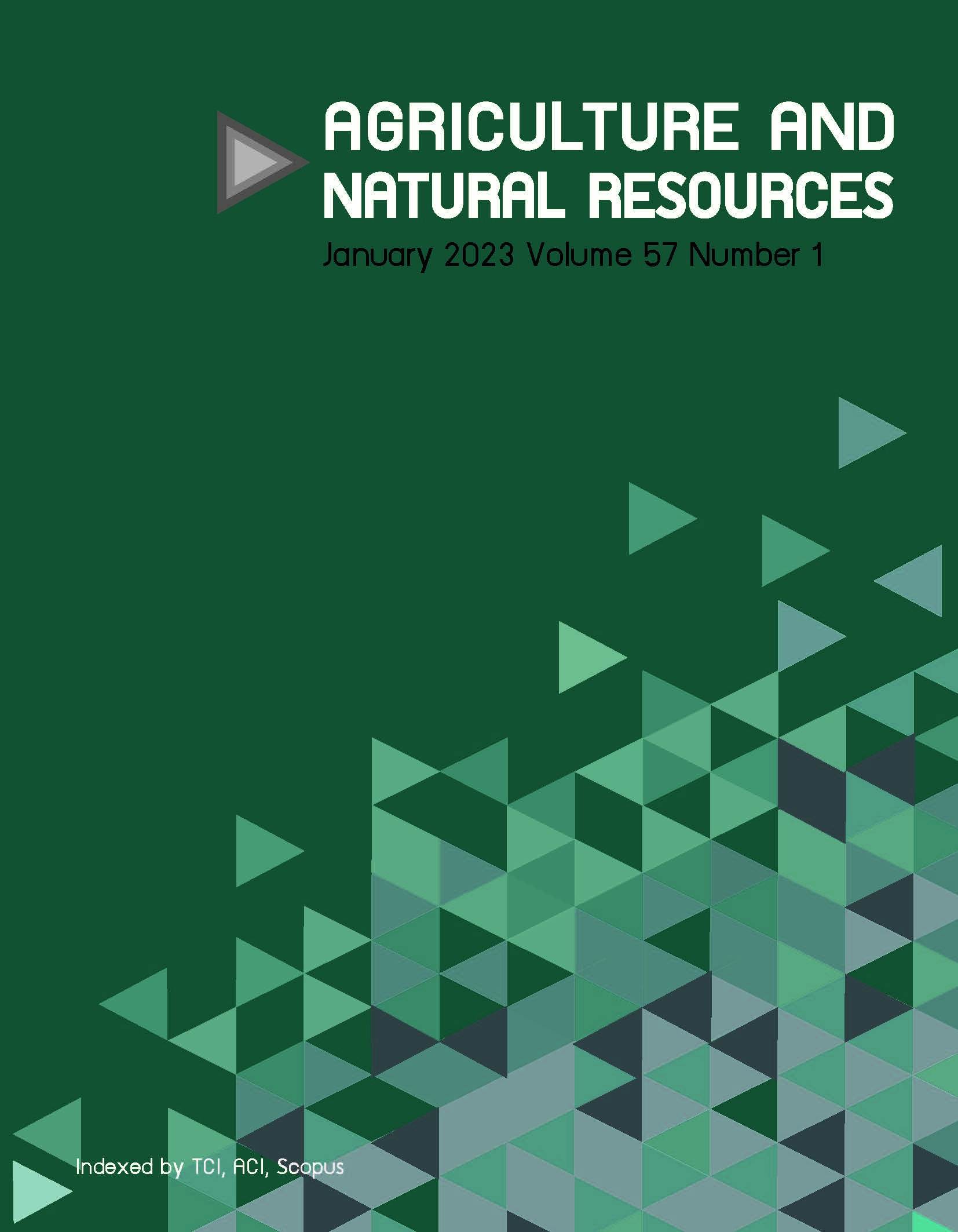Effects of organic zinc and manganese supplementation on eggshell quality and bone characteristic of laying hens during late laying cycle
Keywords:
Bone characteristics, Eggshell quality, Excretion, Inorganic mineral, Organic mineralAbstract
Importance of the work: Problems with eggshell quality are common among aged laying hens.
Objectives: To investigate whether supplementation of zinc and manganese (inorganic versus organic) in varying combinations could improve egg production, egg quality and bone characteristics.
Materials & Methods: In total, 384 Lohmann Brown laying hens aged 64 wk were allocated to 4 dietary treatment groups, with each group consisting of 8 replicates with 12 laying hens each. The dietary treatments were corn-soybean meal basal diet supplemented with varying sources of zinc (80 parts per million, ppm) and manganese (100 ppm). The dietary treatments were: 1) 100% inorganic Zn and Mn; 2) 50% inorganic Zn + 50% organic Zn and 100% inorganic Mn; 3) 100% inorganic Zn and 50% inorganic Mn + 50% organic Mn; and 4) 50% inorganic Zn + 50% organic Zn and 50% inorganic Mn + 50% organic Mn.
Results: There were no significant (p > 0.05) effects of trace mineral sources (inorganic versus organic) on laying hen performance and egg quality. The supplementation of organic zinc significantly (p = 0.0053) increased the yolk zinc content, while the supplementation of organic manganese significantly (p = 0.0020) reduced the manganese excretion in the second period compared to those of the inorganic groups. However, these effects were not consistent. Feeding different sources of zinc and manganese had no significant (p > 0.05) effects on the tibia breaking strength and tibia mineralization.
Main finding: Based on the study conditions, supplementation of zinc and manganese in the laying hen diet during the late laying cycle, regardless of mineral source, had no effect on egg production and egg quality. However, the Mn concentration in the excreta considerably diminished in the 2nd period.
Downloads
Published
How to Cite
Issue
Section
License
Copyright (c) 2023 Kasetsart Universityonline 2452-316X print 2468-1458/Copyright © 2022. This is an open access article under the CC BY-NC-ND license (http://creativecommons.org/licenses/by-nc-nd/4.0/),
production and hosting by Kasetsart University of Research and Development Institute on behalf of Kasetsart University.







